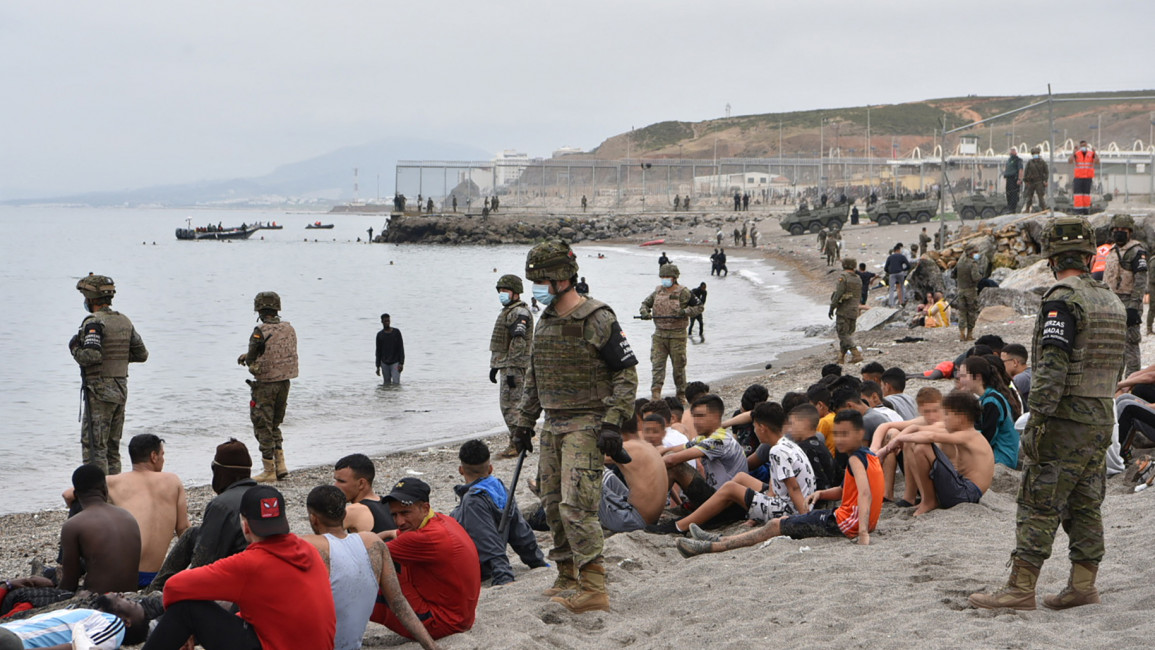Morocco, Spain agree to bolster migration cooperation
Morocco and Spain on Friday committed to strengthening cooperation on irregular migration, a joint statement said, following a reset in relations after a months-long rift.
"Faced with the shared challenges leading from the action of migrant trafficking networks and the unstable regional environment, the two parties decided to strengthen their coordination and information exchange mechanisms," a joint statement said.
The decision came during a meeting in Rabat of a mixed permanent group on migration, a key issue for Spain.
Morocco plays a major role in controlling flows of would-be migrants towards Europe. Observers say Rabat has used the issue to put pressure on Madrid.
The two countries have revived relations since Madrid announced a U-turn in March on its stance over the disputed territory of Western Sahara, a former Spanish colony that Morocco sees as an integral part of the kingdom.
The migration cooperation will involve new approaches between police, liaison officers and mixed patrols, the statement said, adding that the return of migrants is "an essential means of deterrence".
The sides noted the importance of "increased possibilities of financial support for Morocco" to control migrant flows as part of the EU's long-term budget.
More than 14,700 attempted irregular departures were prevented and 52 human smuggling networks broken up in Morocco during the first three months of this year, according to interior ministry figures.
Moroccan authorities stopped more than 63,120 crossings last year and shut down 256 smuggling networks.
During a landmark visit to Rabat by Spanish Prime Minister Pedro Sanchez last month, the two governments hailed a "new stage" in relations following an almost year-long rift.
The row began when Madrid allowed Brahim Ghali, leader of Western Sahrara's pro-independence Polisario Front, to be treated for Covid-19 in a Spanish hospital.
A month later, some 10,000 migrants surged across the Moroccan border into Spain's Ceuta enclave as border guards looked the other way, in what was widely seen as a punitive gesture by Rabat.
In March this year, Spain ended the rift by backing Morocco's autonomy plan for Western Sahara, going back on its decades-long stance of neutrality.
Rabat calls for the territory to have an autonomous status under Moroccan sovereignty but the Polisario wants a UN-supervised referendum on self-determination as agreed in a 1991 ceasefire agreement.
Morocco is also one of Spain's major trade partners.



